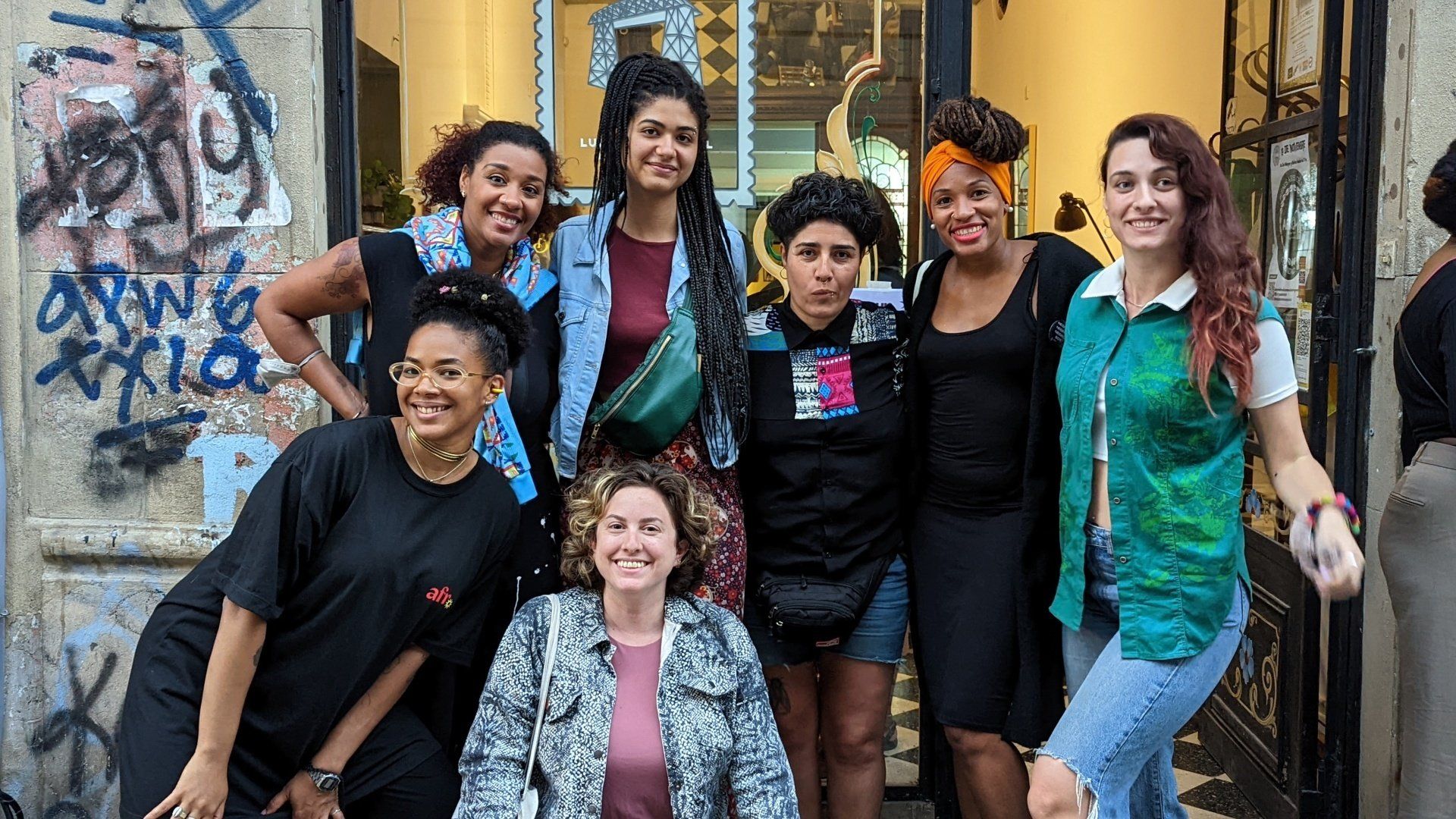Know before you go
Money: do's and don'ts
Legal Currency
The legal currency in Argentina is the Argentine Peso (ARS). There's coins for 1, 2, 5 and 10 pesos and bills with values ranging from 10 pesos to 1000. You'll find different designs as the country is ditching some bills with historical figures that are deemed too controversial and changing them for cute little animals. That's why a 100 peso bill can come with the figure of Roca (a man), Evita Perón (a woman) or a taruca (a deer). They are all valid!
Exchange Rates: explaining the "Dollar Blue"
In Argentina there's lots of government control around foreign currency. But the ARS is a very unstable coin, that suffers from the effects of both devaluation and inflation, which is why most Argentines try to get rid of their ARS and save in USD (or lately, crypto). The unofficial, paralel market has a different exchange rate, and this is called dólar blue.
The difference between the official and unofficial exchange rate can be as much as 150%, but trading in the unofficial market can leave you open to scams -specially fake notes-, so we don't recommend it unless you have a trusted exchanger.
What's the best approach to get the best value for my money?
Bringing USD or EUR in cash, and exchanging them in the city, as ATMs have huge withdrawal fees. Using your credit card is not recommended for value, as all transactions will be done in the official exchange rate.
What do I need to bring to exchange money?
To trade in the legal exchange market you'll need to show your passport. It's a very bureaucratic affair, so set aside at least 30' to go through the exchange. Exchange money in exchange houses, don't try using banks as they usually don't do exchange for tourists.
Should I change money at home and bring ARS?
Absolutely no. The exchange rate for ARS is very bad abroad -and most banks won't even exchange for ARS to begin with!-.
Where should I exchange money?
Preferably, get all the ARS you need in Buenos Aires, as it has the best exchange rates of the coutnry.
Are there ATMs in Argentina?
Yes, but the withdrawal fee is huge and extractions are limited. ATMs have a maximum withdrawal of around the equivalent of US 100 (and, of course, being a legal exchange it will give you the official rate).
Are credit cards widely accepted?
In Buenos Aires, yes, but in many parts of Argentina it's cash only. Most taxis and small business don't take credit cards. Be sure to ask if the place takes credit cards before you order! Remember to bring some sort of ID, as most businesses card to avoid scams.
Are crypto payments widely accepted?
No.
Getting around Argentina
Argentina is absolutely massive. To get around the country there's 3 options: car rental, buses or flights. Travelling by car or bus has a smaller carbon footprint, but it makes transportation time much longer. A flight to Iguazu is around two hours long, driving to Iguazu takes around 18 hours. A flight to Ushuaia takes around 4 hours, driving there takes around 2 days.
Getting around Buenos Aires
Buenos Aires is huge but thankfully very easy to navigate. The city is laid down as a grid, with each block being 100mts by 100mts.
If you want to get around by transportation system you'll need a SUBE card (which you can buy at train stations, subway stations and some kiosks). You top it off with money and just tap your card to enter buses, subways or trains.
Use Google Maps to use the transportation system: it will tell you the easiest way to get any place and even how long you need to wait for your next train!
The buses run 24/7, the subway and trains run approximately (depends on the line) from 5.30am to 11pm.
If you want to move around in a private vehicle you can hire a driver for your stay with us, or use Uber or Cabify.
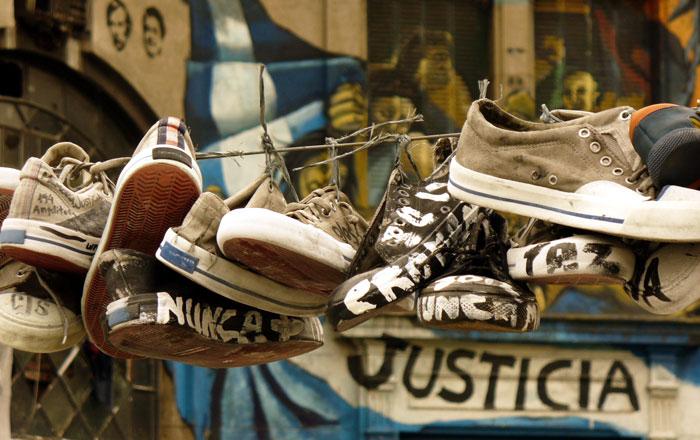
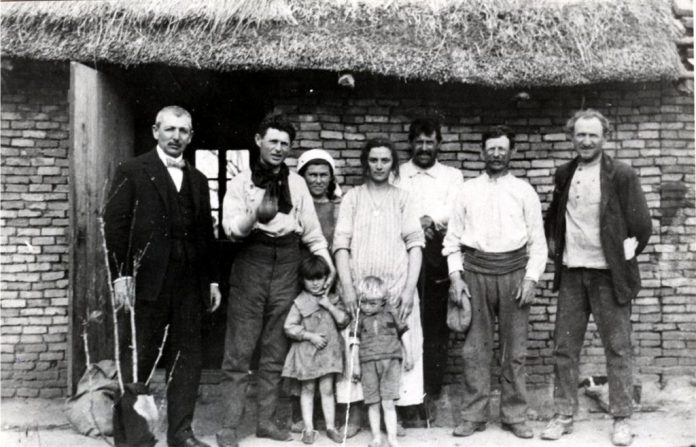


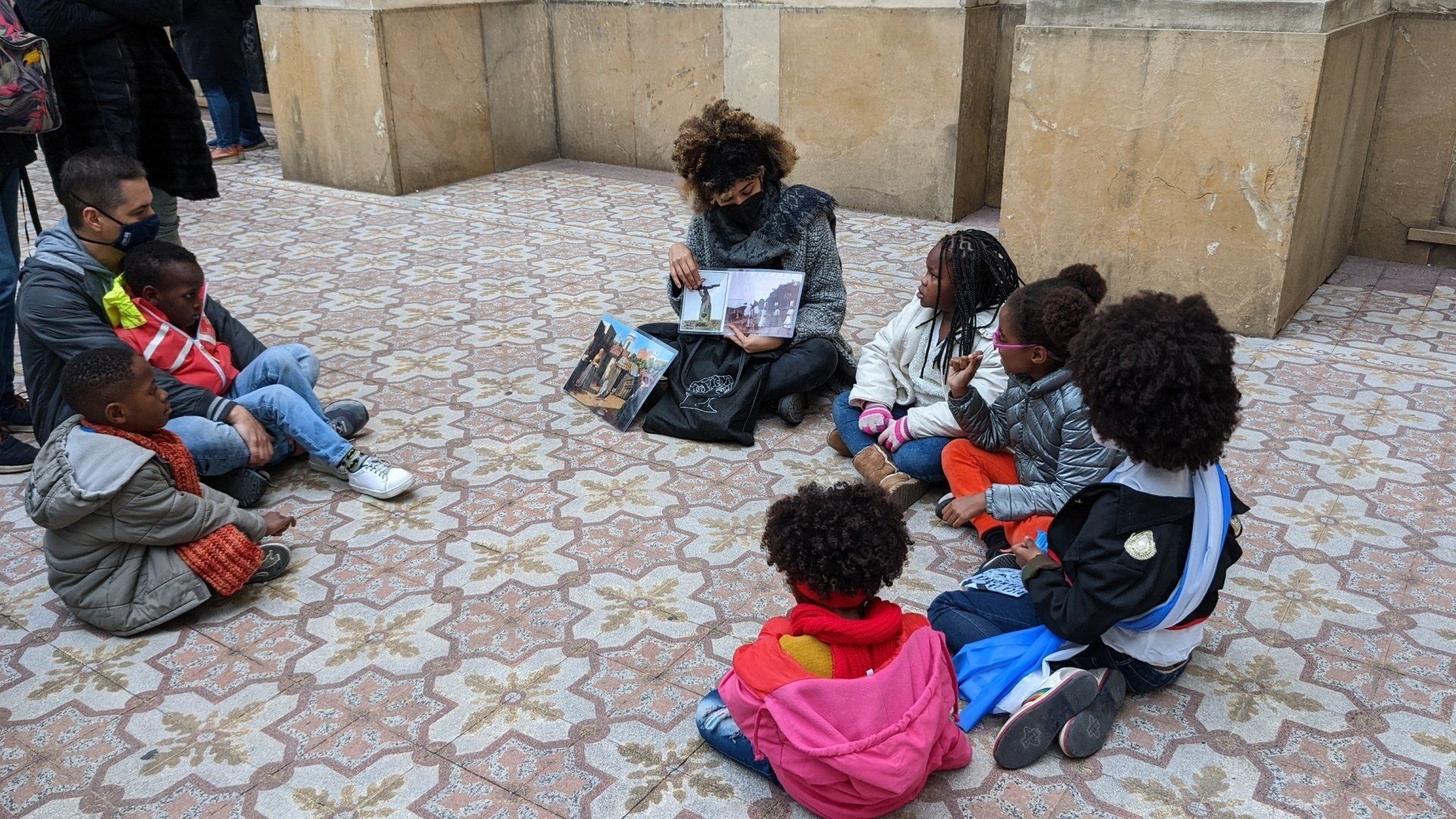
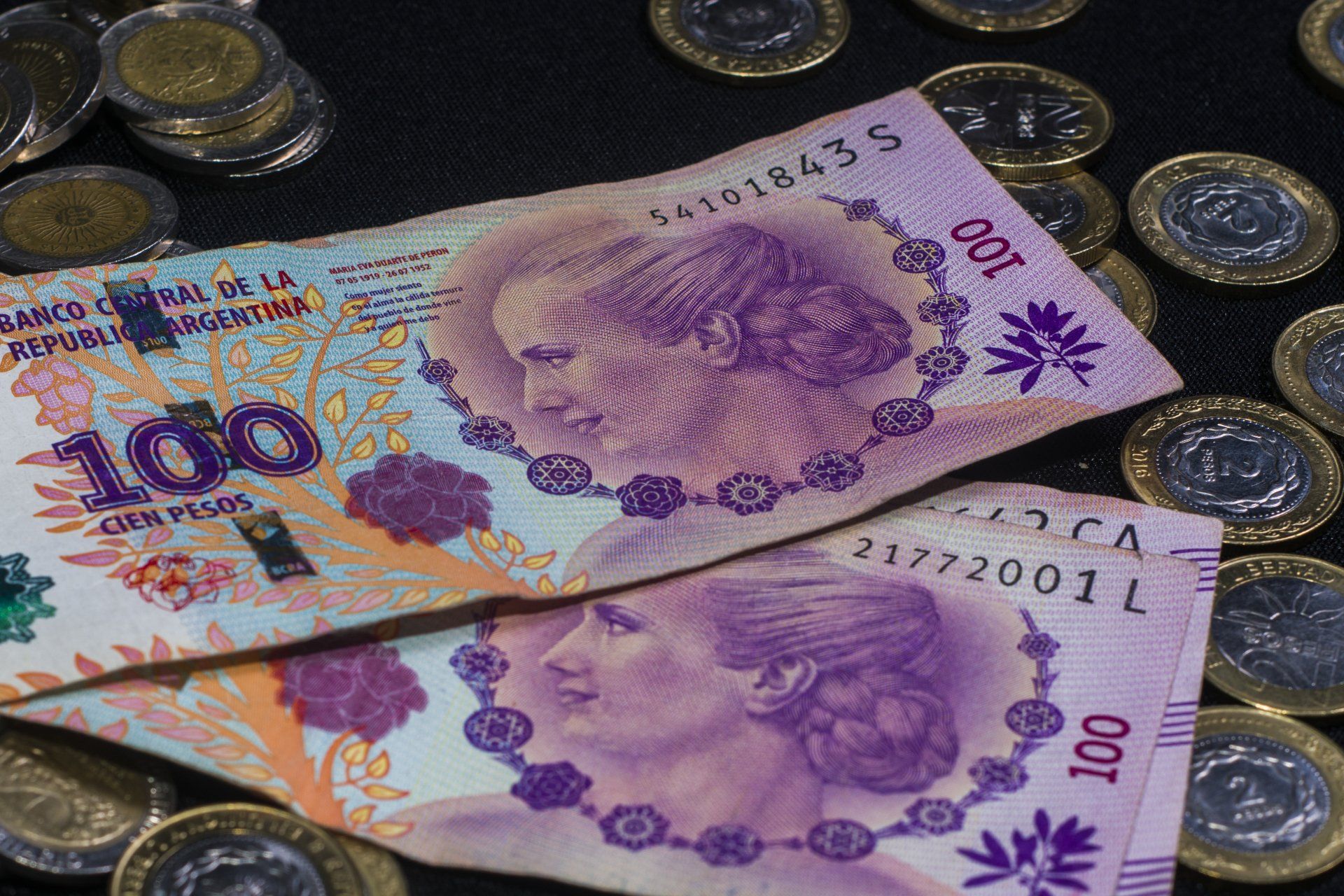
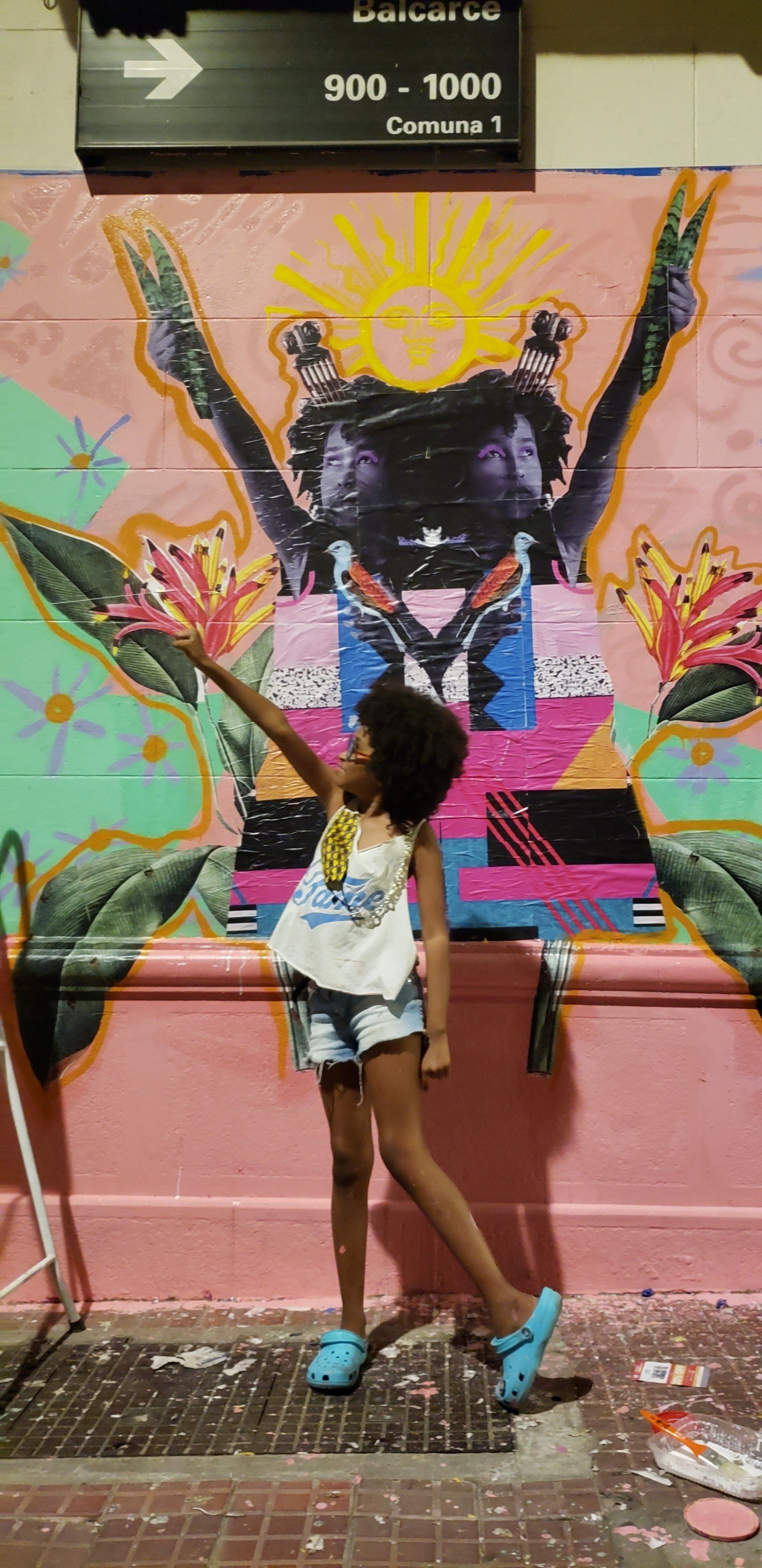

Buenos Aires FAQ ping pong
Is Buenos Aires safe?
Yes, Buenos Aires is very safe. There's very little violent crime, but as in any big city, beware of pickpockets in crowded areas, avoid leaving your phone on the table while you go to the restroom.
How long should I stay in Buenos Aires?
There's always great things to do in Buenos Aires and it's definitely worth staying for at least 3/4 days.
Where should I stay in Buenos Aires?
Depends on what you like! Palermo has nightlife, shopping and great restaurants. San Telmo is full of history, great food and shopping. Puerto Madero is very modern and high end and very safe to walk about even in the dead of night. Recoleta and Retiro are very elegant and classy, but don't have a great nightlife. If you need help picking an area, talk to us!
Is tap water safe?
Tap water is absolutely safe, so bring your reusable water bottle as you can recharge it with fresh, clean water at any restaurant or business -absolutely for free-.
What's the tipping situation?
Tipping is expected in some situations. In restaurants it is customary to leave 10% of your bill in cash after the meal. Only high end restaurant accept tips via credit card. Tour guides ,private drivers and bellboys are usually tipped as well. Taxis, Ubers and other forms of transportation do not require tipping.



